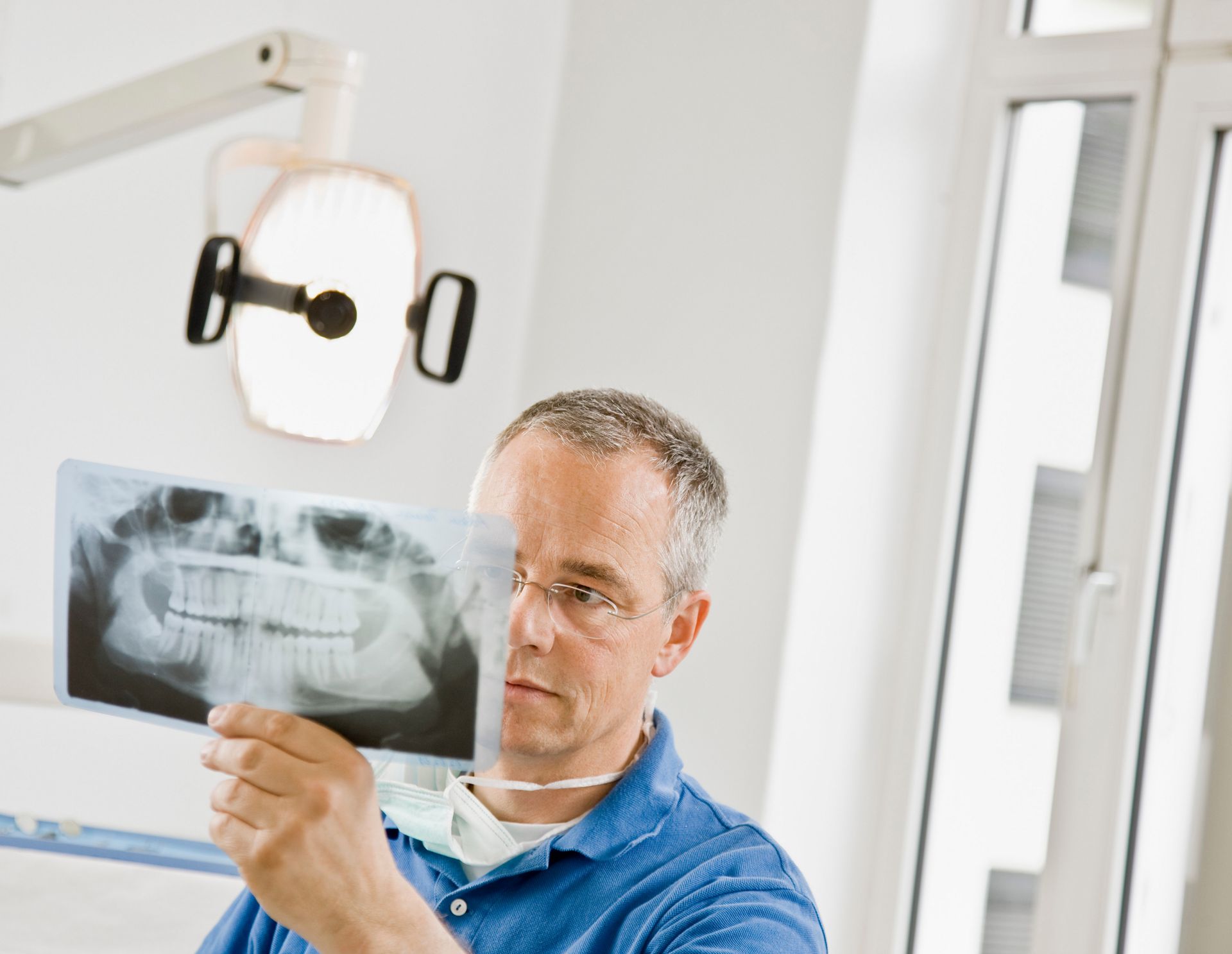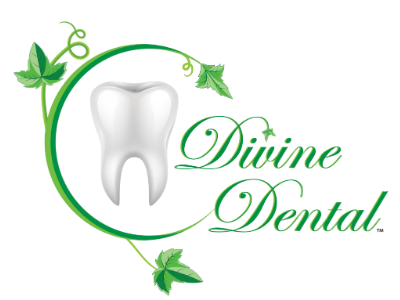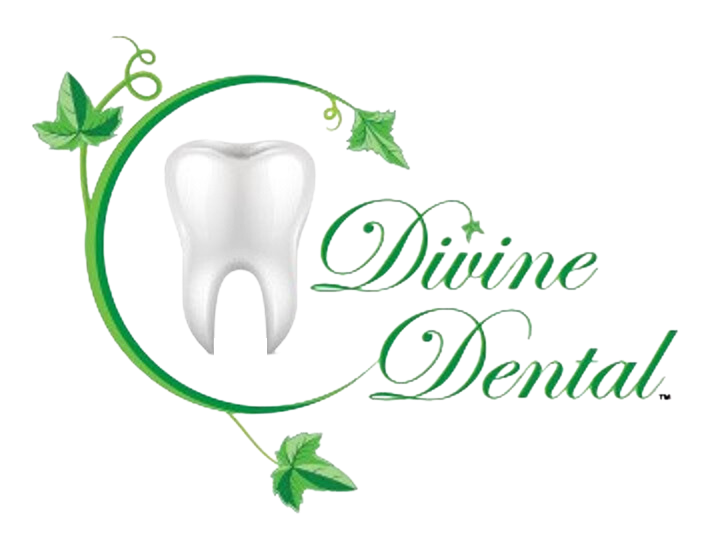Wisdom Teeth: Myths vs. Facts
Wisdom teeth, also known as third molars, are the last set of molars to develop in the late teens or early twenties. While they can be valuable if healthy and properly positioned, wisdom teeth can often cause problems that require their removal. There are several myths surrounding wisdom teeth that need to be debunked. Contrary to popular belief, wisdom teeth do not make a person wiser nor are they necessary for proper oral health. In fact, many individuals experience issues such as tooth decay, gum disease, and overcrowding of adjacent teeth due to the presence of problematic wisdom teeth. Extraction of wisdom teeth is a common procedure performed by oral surgeons to avoid potential problems. It is important to differentiate between myths and facts when it comes to wisdom teeth in order to make informed decisions about oral health.

Myths and Facts about Wisdom Teeth
Myth: Wisdom teeth always need to be removed.
Fact: Not all wisdom teeth need to be extracted. Wisdom teeth may need to be removed if they are causing problems like pain, infection, or damage to nearby teeth or to the surrounding gums. However, if the wisdom teeth are healthy, properly aligned, and can be easily cleaned, they may not need to be removed.
Myth: Wisdom tooth extraction is a dangerous surgical procedure.
Fact: While any surgical procedure carries certain risks, wisdom tooth extraction is a common and generally safe procedure. Oral surgeons are trained professionals who perform these extractions regularly, minimizing the risks involved. With proper anesthesia and post-operative care, the surgical procedure can be relatively straightforward and safe.
Myth: Wisdom teeth cause crowding of adjacent teeth.
Fact: Some people believe that wisdom teeth cause crowding of the other teeth. However, studies have shown that the eruption of wisdom teeth does not directly cause crowding. Crowding is usually the result of primary teeth being retained or from natural growth. In fact, removing wisdom teeth can sometimes even help relieve crowding.
Myth: Every wisdom tooth extraction requires oral surgery.
Fact: Not all wisdom tooth extractions require oral surgery. In cases where the tooth has fully erupted and is positioned correctly, a simple extraction by a general dentist can be sufficient. Oral surgery is usually needed when the tooth is impacted or has not fully emerged from the gum.
Myth: Wisdom teeth are always a source of dental problems and should be removed as a preventive measure.
Fact: Wisdom teeth that are healthy, properly positioned, and can be easily cleaned may not cause any dental issues. Routine dental visits and X-rays can help monitor the health and position of wisdom teeth. Removal should only be considered if problems arise or if there is a high likelihood of future issues.
Common Questions About Wisdom Teeth
Is Wisdom Teeth Removal Expensive?
- The cost of wisdom teeth removal varies depending on factors such as the complexity of the extraction and the type of anesthesia used. While the procedure might seem costly upfront, most dental insurances provide coverage for part of the expense, making it more affordable. Additionally, many dental clinics offer flexible payment options to help manage the costs. It's important to discuss all available financial options with your dental provider to ensure you receive the best possible care within your budget.
Recovery Time After Wisdom Teeth Removal
- Recovery duration from wisdom teeth removal can vary, but most patients return to their normal activities within a few days to a week. The most discomfort typically occurs in the first two days post-surgery, with noticeable improvements thereafter. Dentists provide specific aftercare instructions to help minimize discomfort and promote a swift recovery.
Is the Procedure Painful?
- With advances in dental techniques and anesthesia, wisdom teeth removal is not as painful as many fear. Anesthesia options during the surgery range from local to general, ensuring that patients experience minimal discomfort. After the procedure, pain management medications are prescribed to help ease any residual pain during the recovery period.
Can Wisdom Teeth Grow Back After Removal?
- Once wisdom teeth are fully removed, they do not regrow. However, in rare instances, extra teeth, known as supernumerary teeth, can develop in the same area. If you experience discomfort or notice swelling after an extraction, consult your dentist to rule out any complications.
Partially Answered Questions About Wisdom Teeth
Do Wisdom Teeth Cause Crooked Teeth?
- It is a common myth that wisdom teeth directly cause other teeth to become crooked. However, crowding can occur due to various factors including natural growth and genetics. If you are concerned about your teeth alignment, consulting with a dentist or orthodontist is recommended. They can assess your situation and advise if wisdom teeth removal or orthodontic treatment is necessary.

Conclusion
In conclusion, it is important to separate the myths from the facts when it comes to wisdom teeth. While it is true that not all wisdom teeth need to be extracted, it is crucial to monitor their development and potential issues through regular dental check-ups. Consulting with an oral surgeon can help determine the best course of action for problematic wisdom teeth. The process of wisdom tooth extraction can vary depending on individual circumstances, but it is generally a safe and common procedure when performed by a trained professional. By staying informed and seeking professional advice, like The Scottsdale Dentist, individuals can make the best decisions regarding their oral health and the management of their wisdom teeth. Remember, regular dental visits and consultations with an oral surgeon are key to maintaining healthy teeth and gums for a lifetime.



